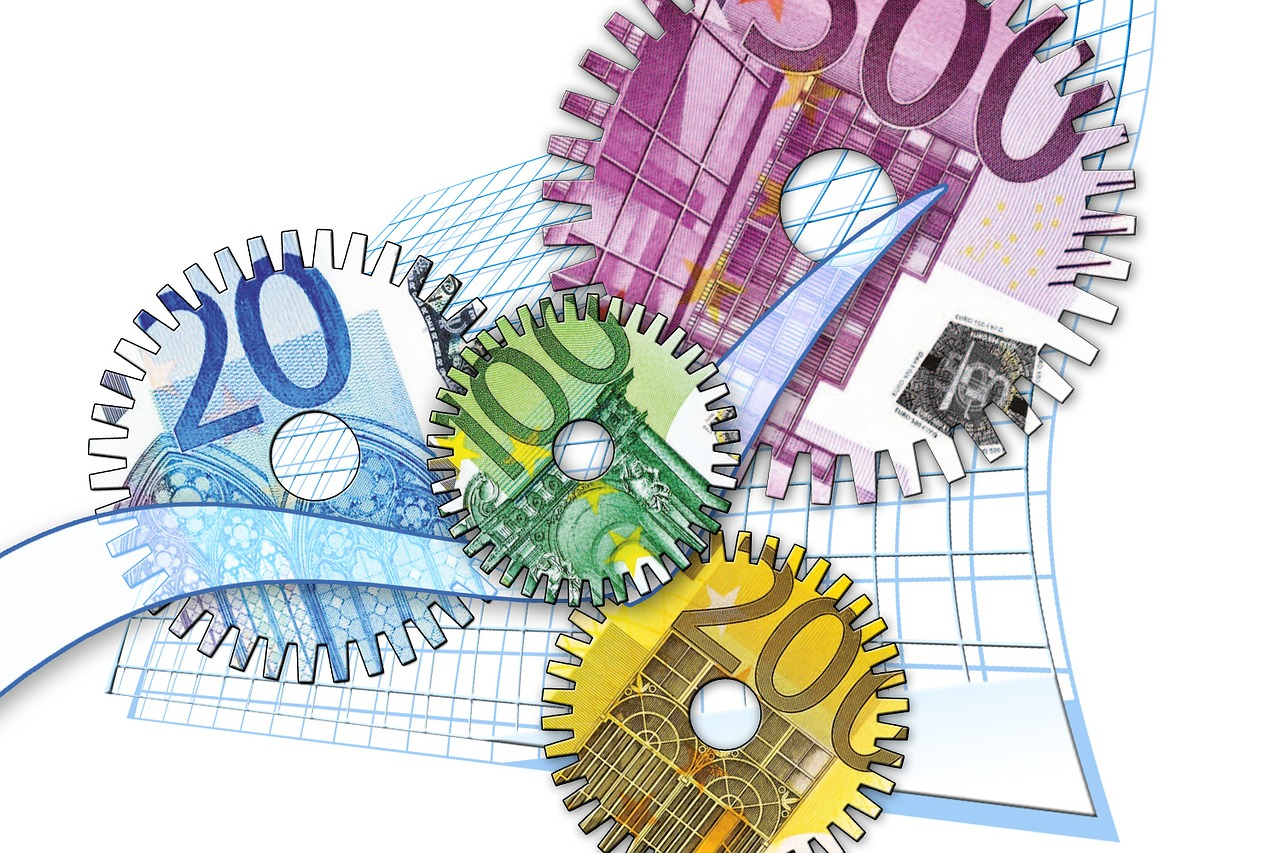Global financial markets’ volatility and rally

Tom Elliott, deVere Group’s International Investment Strategist, has recently been quoted in numerous media outlets, including Forbes, Money Marketing, CBS News, Global Banking and Finance Review and Financial Post, amongst others, urging investors to avoid “knee-jerk reactions” over market volatility.
Against a backdrop of a slump in oil prices, equity markets on a downward spiral, erratic bond markets and fluctuating currencies, £46 billion was wiped off the market last week as share prices saw the biggest drop in over 18 months.
So why was such a significant degree of tumult experienced?
Firstly, there have been increasing concerns over the overall strength of the global economy. A slowdown in the U.S., as well as a non-moving Germany, weak economies in other EU countries and emerging markets, along with a slower rate of growth in China, has resulted in mounting worries that the world economy is weakening.
Secondly, with quantitative easing and so-called cheap credit coming to an end, financial assets have fallen globally as risk premiums increase.
Thirdly, geopolitical intentions must be taken into account. Unrest in the Middle East, the Ebola epidemic threatening trade and commerce and growing turmoil in the Eurozone with increasing political opposition, all contribute to great instability within the financial markets.
However despite this, Tom said that investors should side-step making any rash decisions based on the current market situation: “I would urge investors to avoid knee-jerk reactions to the oil price slump and gloomy global growth forecast that is creating the market volatility.”
He went on to say: “Investors are likely to profit by sitting still and not selling and having to buy back at higher prices.”
Tom Elliott’s advice is, in my opinion, sound – as the headlines are this week suggesting. Most major markets are rallying and are more buoyant on the back of the European Central Bank stimulus. This optimism was fuelled by positive company earnings and the prospect of the European Central Bank purchasing corporate bonds in the hope of boosting the Eurozone economy and repelling any threat of deflation.
President of the ECB, Mario Draghi said he will increase the bank’s balance sheet by up to €1 trillion, in part through the purchase of assets. Some covered bonds have been acquired this week and the purchase of asset-backed securities is planned before the end of 2014.
As market volatility has been comparatively low over the past three years, it is perhaps understandable that investors could have been somewhat concerned by the recent flux. But as Tom pointed out: “Volatility is normal and what has been abnormal is the recent period of low volatility.”
As ever, taking a multi-asset approach to investing is always advisable to circumvent market uncertainty and stay on the right track to reaching, and hopefully exceeding, financial objectives.